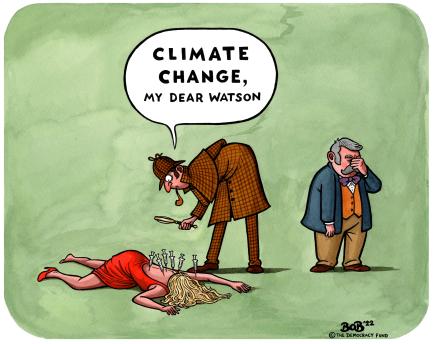2024-01-24
"The Science" has been much in the news in recent years, with certain people and indeed some institutions apparently announcing ownership of their domains.
Yet "science" (derivation: Latin - scio = I know) is by definition merely knowledge that can be acquired by anybody who cares to investigate it. So to differentiate science (which anybody can check out) from the official science (as espoused by various "authorities"), I will for this article refer to the latter as "the science".
Nobody owns science itself, nobody controls it, it cannot be patented as it describes the universe / cosmos / nature etc that pre-dates humanity, and as such it is not an invention of man (even though the theories that purport to describe "the science" are inventions of man).
However, in describing scientific matters (as indeed in all other matters) humans are known to be fallible - this is a scientific theory that we all understand perfectly well from personal experience! Even today, argument rages about whether the Earth is flat or approximates a globe. Indeed as we all "know" (there's that word again!), to err is human, so how to ensure the integrity of our published understanding of the more complex matters that "the science" purports to address?
Well, theories about "the science" are published by "the scientific" publications, and to defend against human error (in all its infinitely many forms) such publications, in order to be regarded as "scientific", must by consensus run a "peer review" process whereby other "suitably qualified" people will critique such theories prior to publication.
Peter Civáň explains for the Daily Sceptic some of the many ways in which this process may fail to deliver the required integrity and reliability of the published science. I don't doubt there are more.
How this affects our current world I will leave to you, dear reader, to ponder as an exercise in ... understanding the science of "the science".



